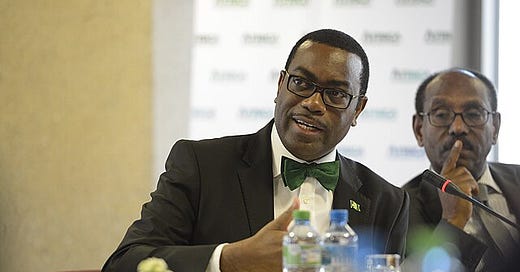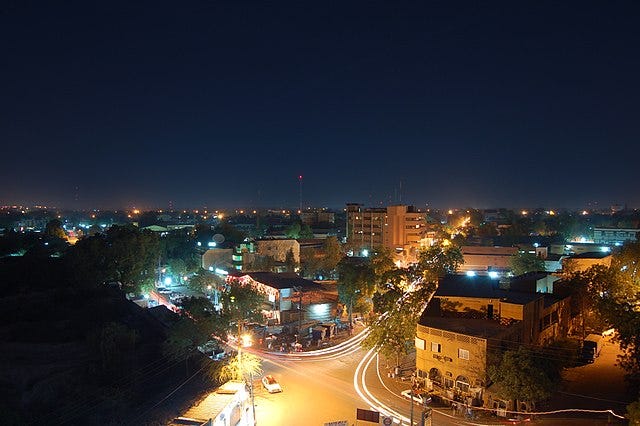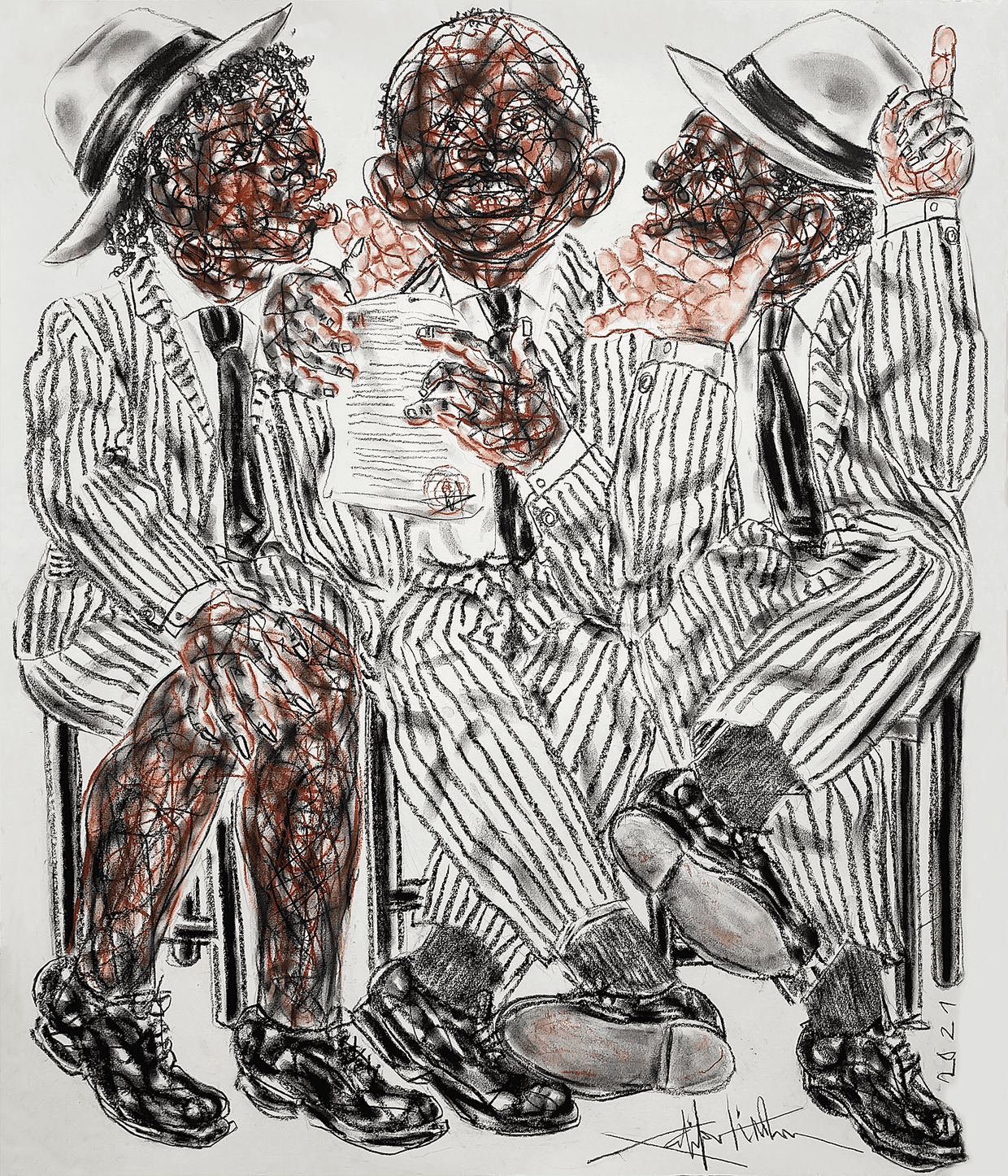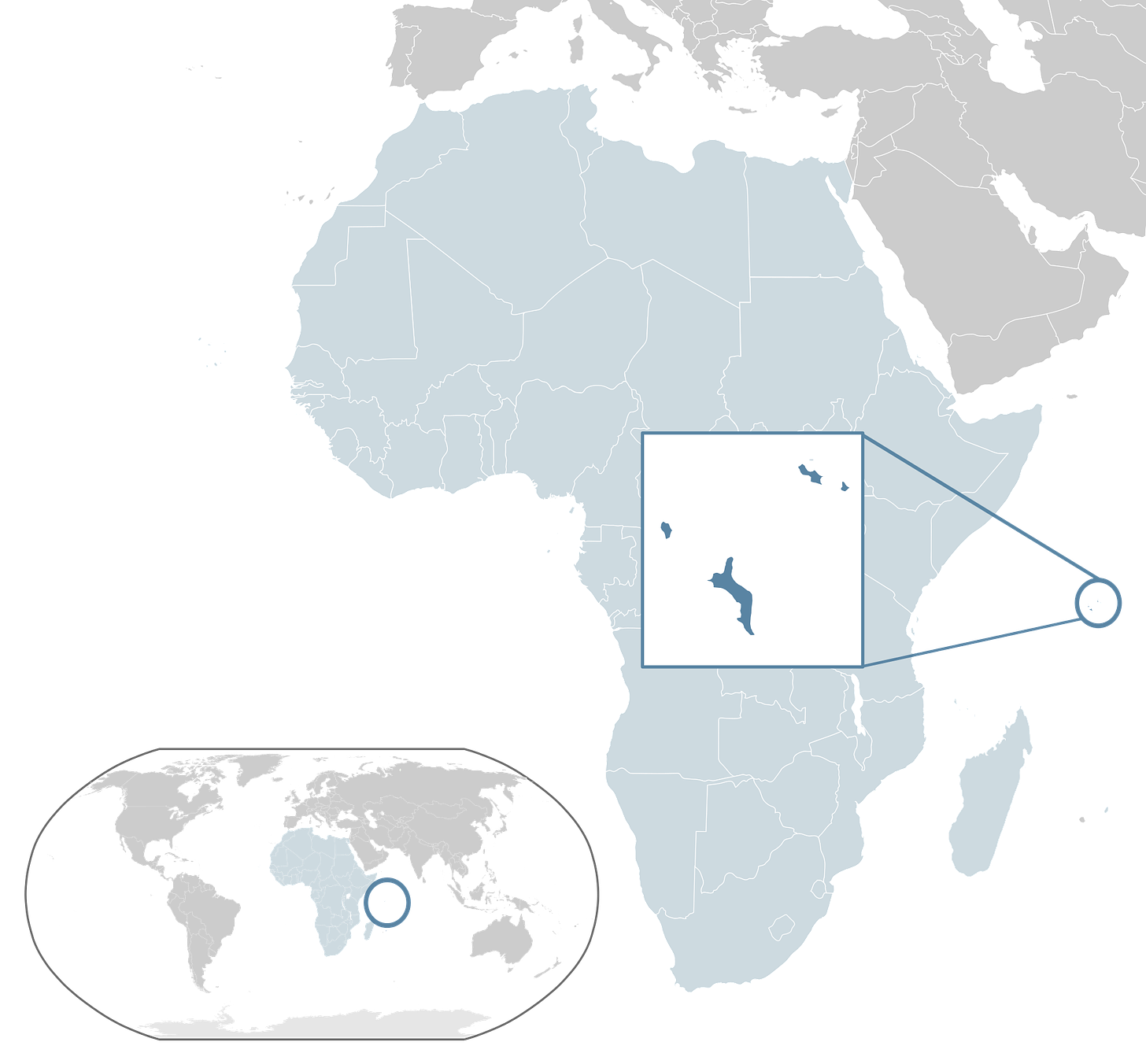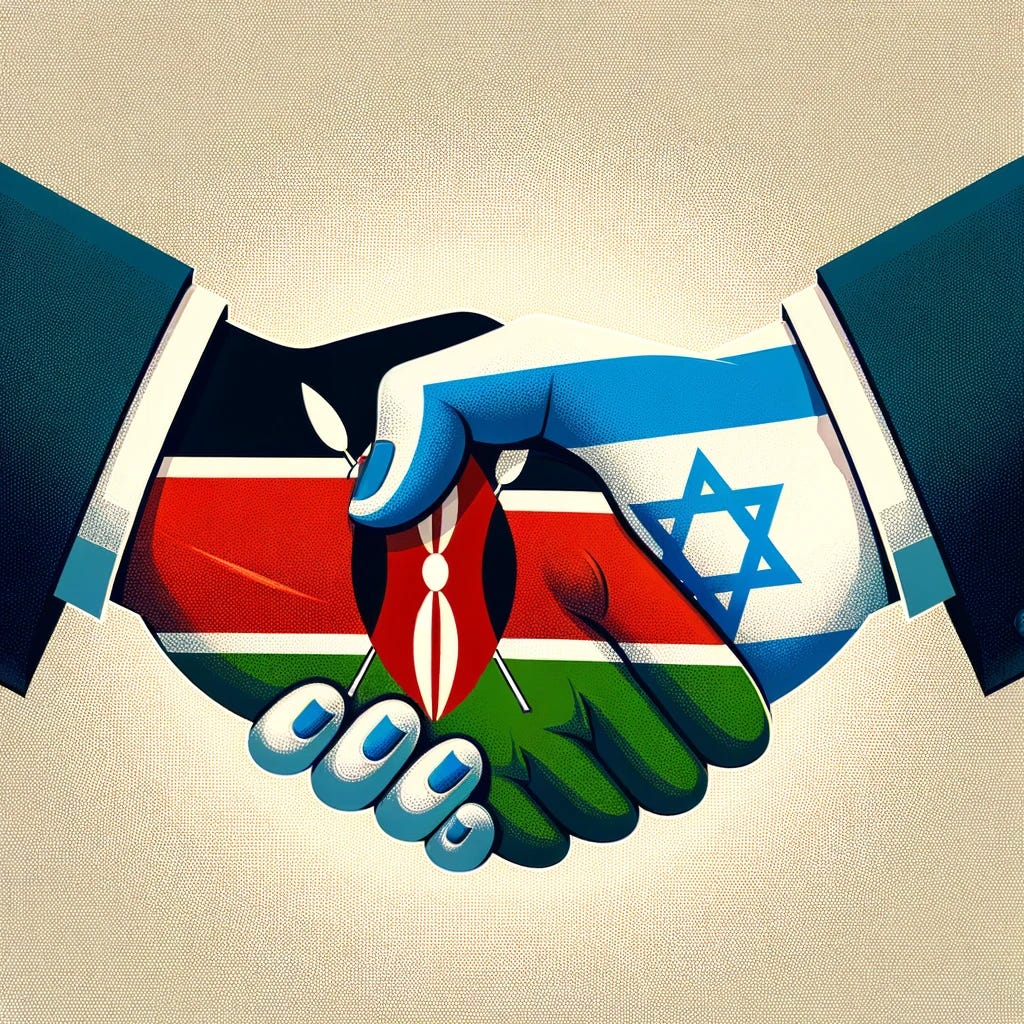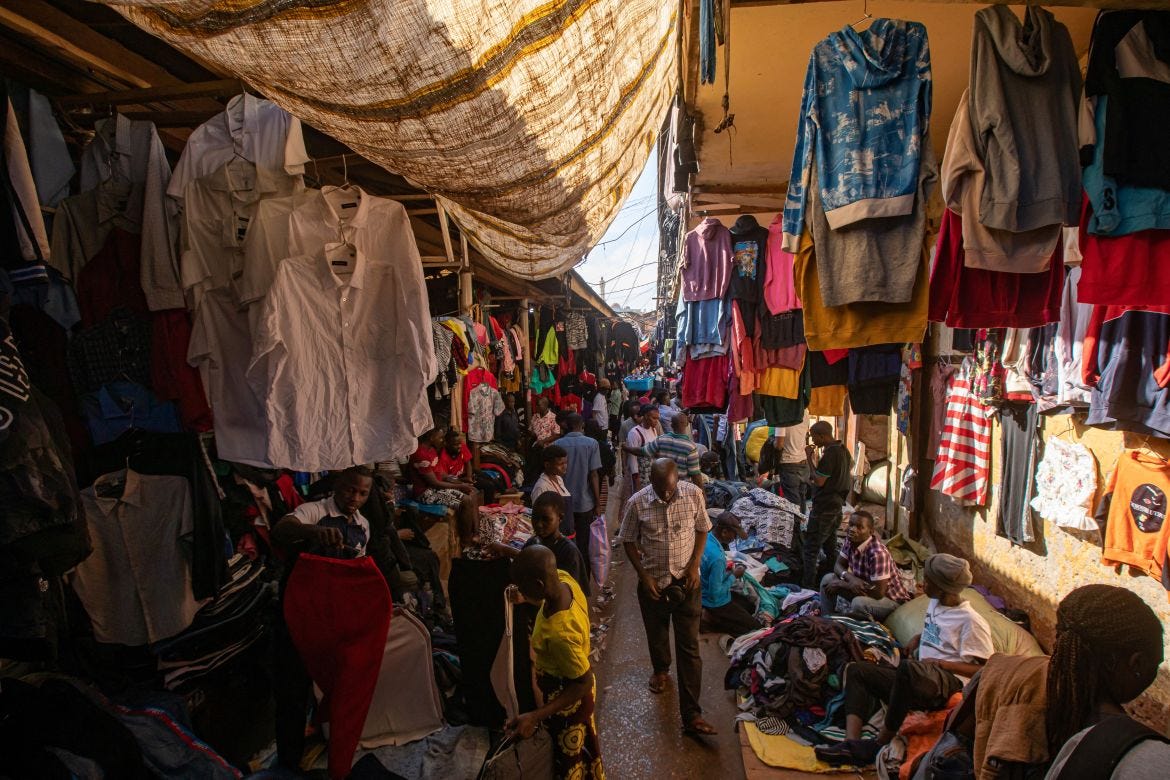🔅 Exempt Africa from Carbon Taxes: AfDB President
Plus: Tragedy in Seychelles, Salifou Lindou Paints Cameroon, Kenya-Israel's Work Programme.
Photo of the day
Niamey, Niger
Money Matters
🔴 Nigerian SE: 71,457.92 (-0.49%)
🔴 Johannesburg SE: 75,400.62 (-0.96%)
🔴 Ghana SE: 3,128.80 (-0.56%)
🟢 Nairobi SE: 93.93 (+0.11%)
🟢 US S&P 500: 4,585.30 (+0.79%)
🔴 Shanghai Composite: 2,966.21 (-0.09%)
*Data accurate as of the close of markets across the continent
Brief & Bright: Africa's Top Five
AfDB President Says Africa Shouldn't Pay the Price for Europe's Carbon Tax
The European Union wants to impose a carbon tax on imports from countries with less strict production and emissions rules, and the head of the African Development Bank, Akinwumi Adesina, says the tax could cost Africa up to $25 billion a year. This would ultimately push the continent to export more raw materials instead of investing in renewable energy and industrialization. He is therefore proposing that African countries be exempted from the tax. Akinwumi Adesina's stance, expressed on the sidelines of COP28 in Dubai, reflects a broader concern among developing nations about the potentially disproportionate impact of global climate policies like the EU's proposed carbon tax. Africa, contributing less than 4% to global carbon emissions, faces a unique dilemma: striving for economic growth and industrialization while being urged to adopt greener practices. Adesina's call for an exemption highlights the need for climate policies that are not only environmentally sound but also equitable, taking into account the varying capacities and historical contributions of countries to global emissions.
Keep An Eye Out For Salifou Lindou: Painting Politics and People in Cameroon
In his first solo exhibition in London, Cameroonian artist Salifou Lindou captures the essence of his country's politicians in a series of striking paintings. Dressed in their signature striped suits, these politicians are easily recognizable to the people of Cameroon as symbols of being different, wealthy, and corrupt. Lindou, who grew up poor and without access to paint, had to make use of unconventional materials like soil to create his art. Today, he aims to create work that's about inspiring people to think about the duality of human nature and the narcissism that exists within all of us. With his latest piece depicting a murdered radio host, Lindou reminds us that the fight against corruption and injustice is far from over.
Seychelles' State of Emergency: Explosions, Flooding, and Chaos
Residents at an industrial area of Mahé, the main island in Seychelles, woke up to a rude awakening in the wee hours of the morning—massive explosions and intense flooding. The damage is extensive, with buildings flattened and homes destroyed. President Wavel Ramkalawan has declared a state of emergency and ordered everyone (except essential workers) to stay at home. Schools and hospitals are closed. And even though the international airport is 4km away from the scene of the explosion, it was still damaged. Heavy overnight rains exacerbated the situation, causing severe flooding and landslides, and three people lost their lives when their homes were destroyed. The catastrophic events in Mahé represent a rare instance of large-scale disaster in Seychelles, a country known for its stability and relatively low incidence of natural calamities. This state of emergency underscores the vulnerability of small island nations to environmental disasters, particularly in the context of climate change, which exacerbates weather-related events like heavy rains and flooding.
Kenya's Israel Work Program
Kenya is sending 1,500 farm workers to Israel. The move comes after Malawi sent over 200 young people to work on Israeli farms, which caused some backlash. Apparently, Israel has a serious labour shortage on their farms, with over 10,000 migrant workers leaving since the start of the war with Hamas in October. They've also since barred Palestinian labourers. Some people in Kenya are concerned about their fellow citizens' safety, especially after 32 Thai workers were killed in an attack by Hamas last month. Critics also question the working and living conditions for these workers after a BBC investigation in 2018 found that many migrant farm workers in Israel were subjected to unsafe practices and squalid living conditions. But others are all for it, considering the country is facing high unemployment and rising living costs. Kenya's decision to send 1,500 farm workers to Israel is part of a growing trend of African nations participating in international labour programs to address unemployment at home and labour shortages abroad.
Secondhand Clothing in Uganda: A Photo Essay
Uganda's Owino market, a vital hub for the secondhand clothing trade since 1971, is more than just a marketplace—it's a lifeline for both vendors and consumers. Employing around 80,000 people, this market is a vivid illustration of how vital the secondhand clothing industry is to Uganda’s economy. The government's consideration of a ban on used clothing, citing reasons like the promotion of local textile industries and dignity in clothing, casts a shadow over the livelihoods of thousands of vendors and the affordability of clothing for an estimated 16 million Ugandans. The Al Jazeera photo essay not only captures the vibrant essence of the Owino market but also brings to light the potential consequences of this proposed ban, highlighting the delicate balance between economic development initiatives and the immediate needs of a significant portion of the population.
Food for Thought
“Even the king of the forest, the lion, protects himself against flies."
— Ghanaian Proverb


